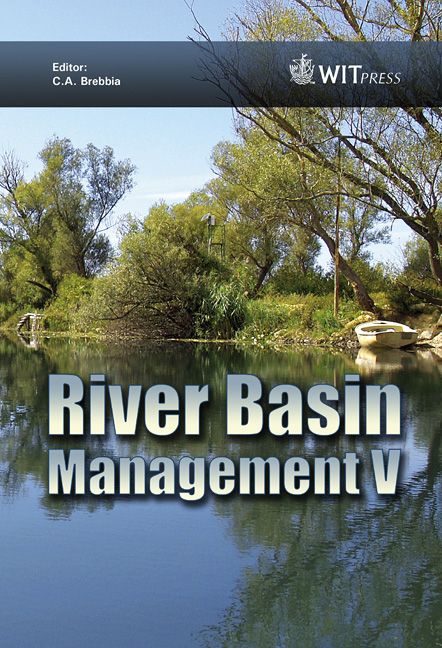Shared Waters: From Global Principles To Regional Agreements
Price
Free (open access)
Transaction
Volume
124
Pages
12
Page Range
375 - 386
Published
2009
Size
386 kb
Paper DOI
10.2495/RM090341
Copyright
WIT Press
Author(s)
M. Souza & L. Tatemoto
Abstract
This study sets out to investigate internationally agreed-upon principles and guidelines for water resources governance and their implementation in regional agreements for transboundary river basins – specifically the case of the Mekong River Commission, and the Convention of the Protection and Use of Transboundary Watercourses and International Lakes. The analysis, based on the Institutionalist theory of International Relations, indicates that the States parties to the Mekong River Commission perceive greater benefits in the limitation of their interdependence, but these States need the Commission as a means of control and information on the ways other member nations explore river resources. As for UNECE Member States, the previous existence of several river basin agreements and regulations from other regional organizations acts as a facilitator for the adoption of the recommendations of the Convention. However, the countries that have the most significant water management problems have not ratified the Convention. In summary, we may say that international principles and guidelines are incorporated only when relevant or adaptable to local needs. Keywords: water resources governance, transboundary river basins, river commission, convention on the protection and use of transboundary watercourses and international lakes.
Keywords
water resources governance, transboundary river basins, river commission, convention on the protection and use of transboundary watercourses and international lakes





